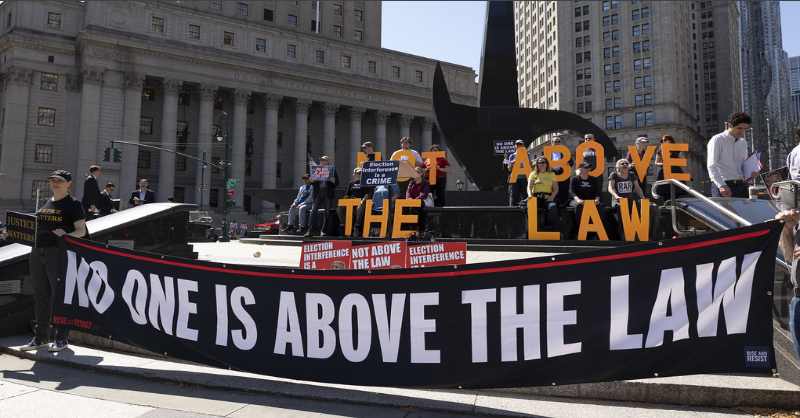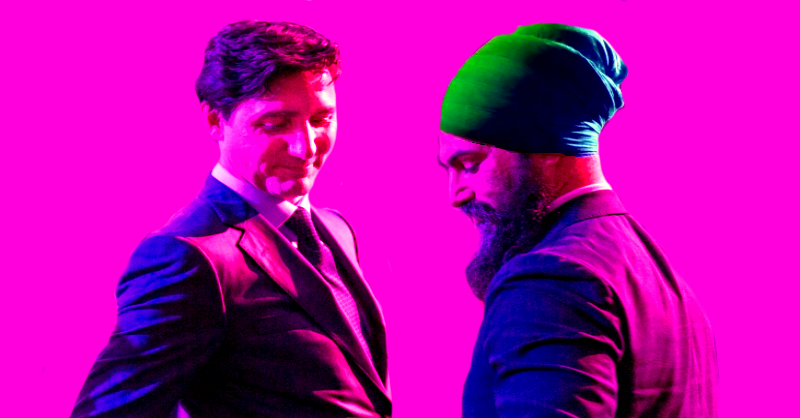
RYAN TYLER
Scott Moe Will Win
With the Sask NDP as irrelevant as ever, the future looks promising for Scott Moe.


RYAN TYLER
With the Sask NDP as irrelevant as ever, the future looks promising for Scott Moe.

ALLAN RAY
Socialism puts the power in the hands of government, while libertarianism would allow monopolies to run amok.

ALLAN RAY
A Marxist named Keir Starmer is most certainly on his way to becoming the United Kingdom's next prime minister.

GRANT JOHNSON
A couple based blockbusters suggest Hollywood is changing course for some very particular reasons.

THOMAS CARTER
When Donald Trump allegedly paid to have the Stormy Daniels allegations killed, it was election interference.

NICK EDWARD
Etymology teaches us the deep and dark history of slavery. A history that does not belong exclusively to one race.

ALLAN RAY
It's not just Hollywood. There is a known problem inside youth sports and religious institutions.

RYAN TYLER
With both of their parties sinking in the polls, Trudeau and Singh are looking to change the rules of democracy.

NICK EDWARD
Allies of a democratic country may not know who they're dealing with, as their partner switches personalities every four to eight years.